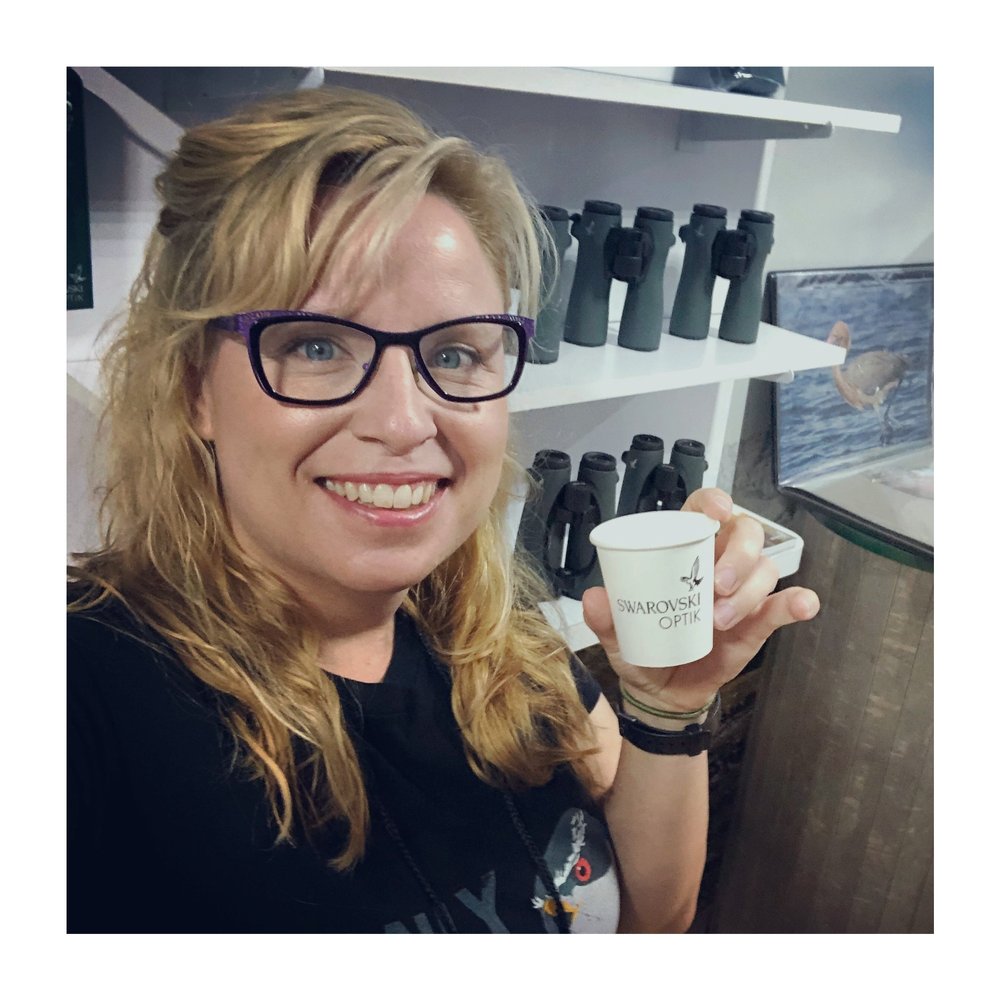From the Minneapolis Star Tribune:
Millions of federal Duck Stamps, designed by a Minnesota artist, are affixed to an accompanying card that has a toll-free number that errantly directs callers to a phone sex service, the U.S. Fish and Wildlife Service (USFWS) said this afternoon.
The correct number is 1-800-STAMP24 (1-800-782-6724). The wrong number, 1-800-872-6724, translates to 1-800-TRAMP24. Callers to "Intimate Connections" are warned that they must be 18 years or older.
Rachel Levin, a USFWS spokeswoman, called the misprint "an unfortunate typographical error" that her agency "really regrets," but the agency will keep selling the stamps with the naughty number because reprinting costs are too expensive.
The correct toll-free number is for people wishing to order additional Duck Stamps. All waterfowl hunters age 16 and older are required to buy and carry the current Migratory Bird Conservation and Hunting Stamp, commonly known as the Duck Stamp.
The USFWS will continue to sell the self-adhesive stamps -- 3.5 million were printed under an independent contract -- with the incorrect phone number, Levin said.
The stamps were produced by Ashton Potter Ltd., of Williamsville, N.Y. On its website, the company says, "Since 1991, Ashton Potter has successfully become a key private sector supplier to the United States Postal Service over four successive multi-year contracts." A message left with Ashton Potter's president has yet to be returned.
She said reprinting costs would run about $300,000, and "that's a lot of money we could be putting into" conservation.
"The stamp is perfectly usable," she said. "It will just be a lot more interesting for people now."
There is no similar error involving the stamps that require moistening. Both types have been on sale since June.
The 75th edition duck stamp features artist Joseph Hautman's depiction of a pair of Northern pintail ducks. The Plymouth man's artwork was chosen last October in a contest.
"Oh, no," said Hautman, who added that he was unaware of the error. It's just an accident, I hope."
Hautman said he understands why the USFWS would not want to pay for reissuing the stamps, but he said he's unsure whether that is the right decision.
The sale of the stamp raises about $25 million annually to fund wetland habitat acquisition for the national Wildlife Refuge System.
More than $700 million in Duck Stamp money has been used to acquire 5.2 million acres of habitat across the country, the Interior Department said. There are 548 National Wildlife Refuges across all 50 states and U.S. territories.

